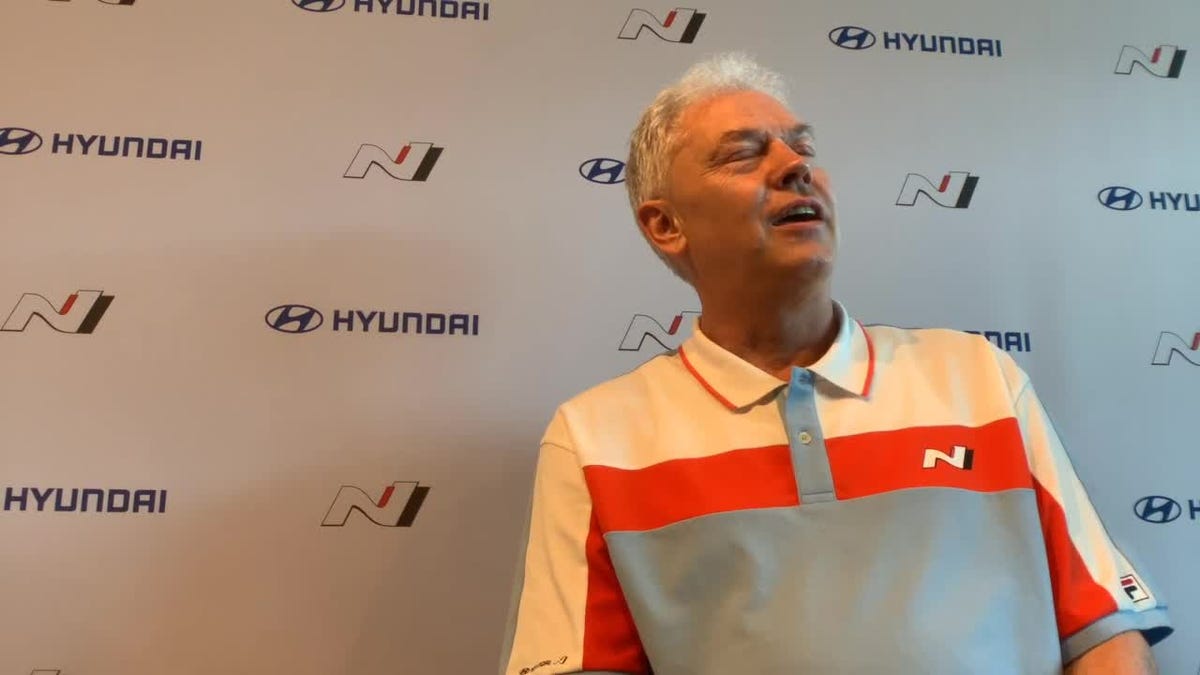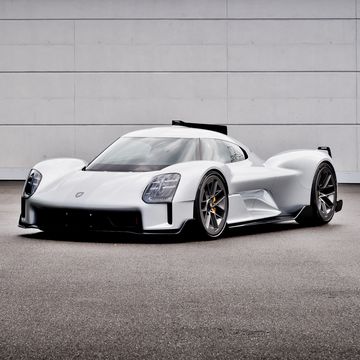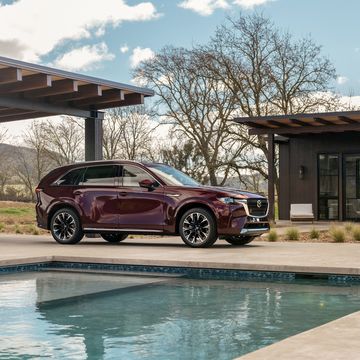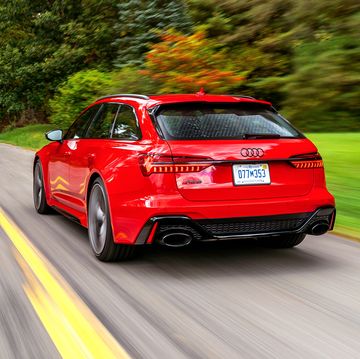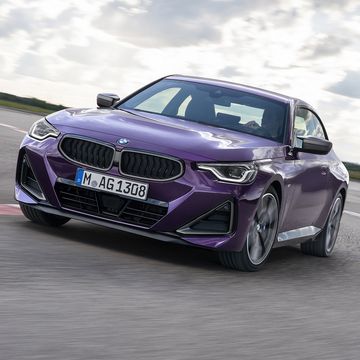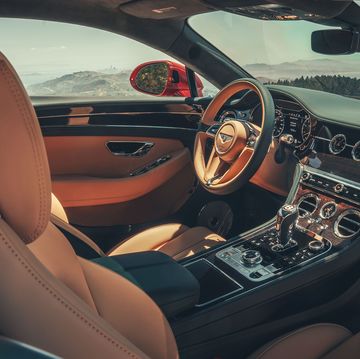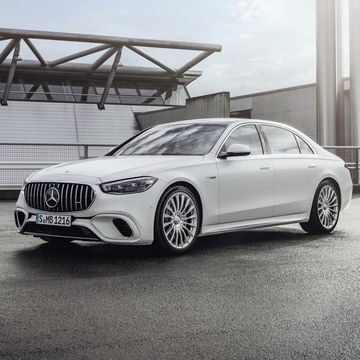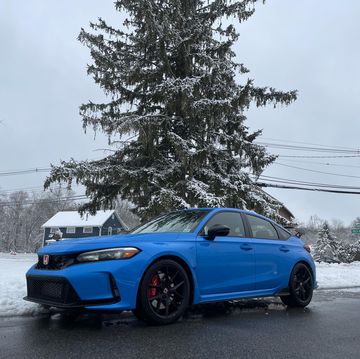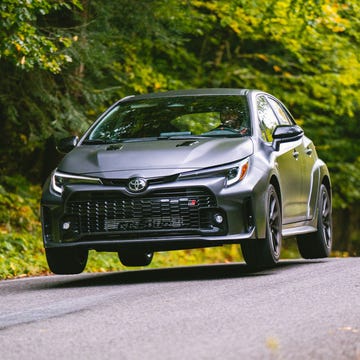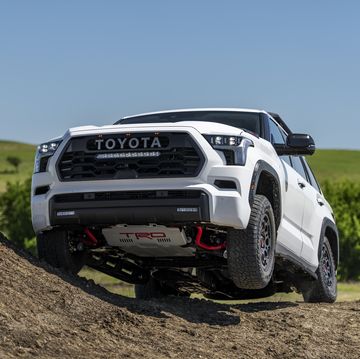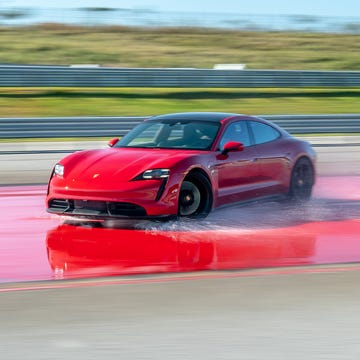Beyond irrelevance on a global scale, what do Rhode Island and the Netherlands have in common? Both have governments that want to ban sales of new gas- and diesel-powered cars within 35 years. And they're not alone.
Rhode Island and seven other U.S. states that follow California's zero-emissions vehicle (ZEV) mandate (California, Connecticut, Maryland, Massachusetts, New York, Oregon, and Vermont), along with a global ZEV alliance that includes Germany, the United Kingdom, the Netherlands, Norway, and Quebec, say they'll allow automakers to sell only those vehicles by 2050.
Global sales of plug-ins reached a cumulative one million only this past September, with a projected 400,000 within the U.S. by the year's end. That's less than some political leaders had hoped: President Obama, four years ago, said we'd have one million by now. The actual U.S. market penetration for such cars is less than one percent.
The ZEV announcement was made against the backdrop of the United Nations Conference on Climate Change (COP21) taking place in Paris. It's not clear whether the ZEV alliance, which was established only last August, has the legal authority to impose such a mandate—particularly one with such a draconian impact on the automobile market.

Clifford Atiyeh is a reporter and photographer for Car and Driver, specializing in business, government, and litigation news. He is president of the New England Motor Press Association and committed to saving both manuals and old Volvos.

